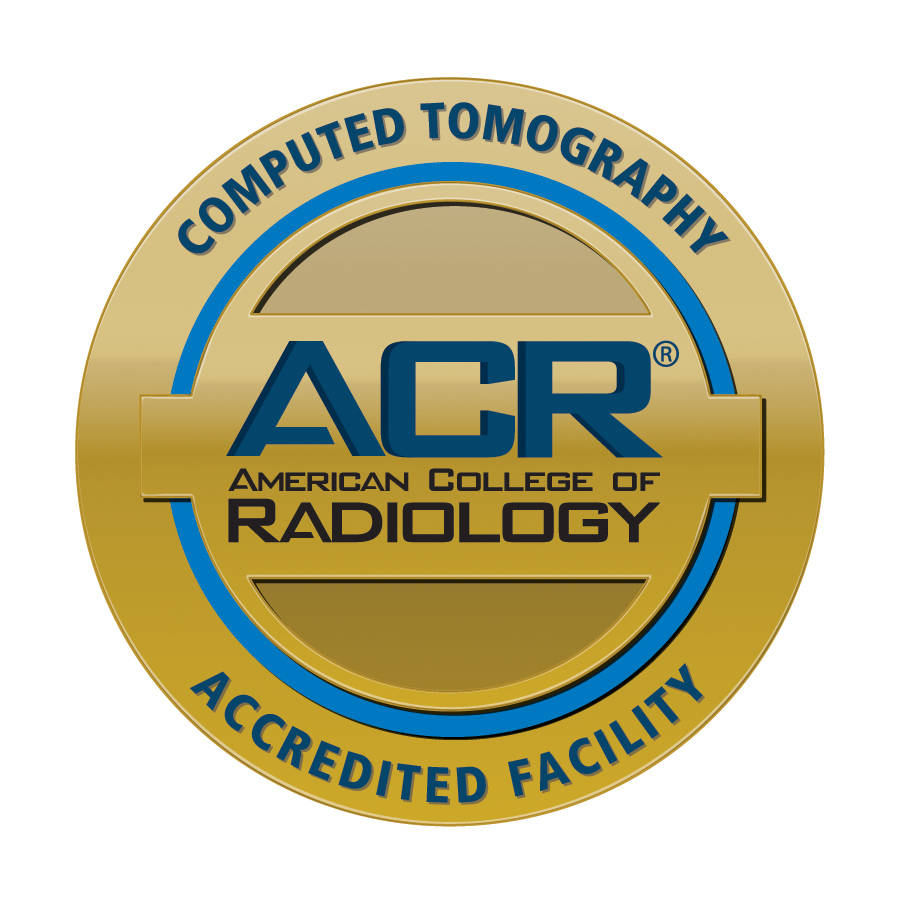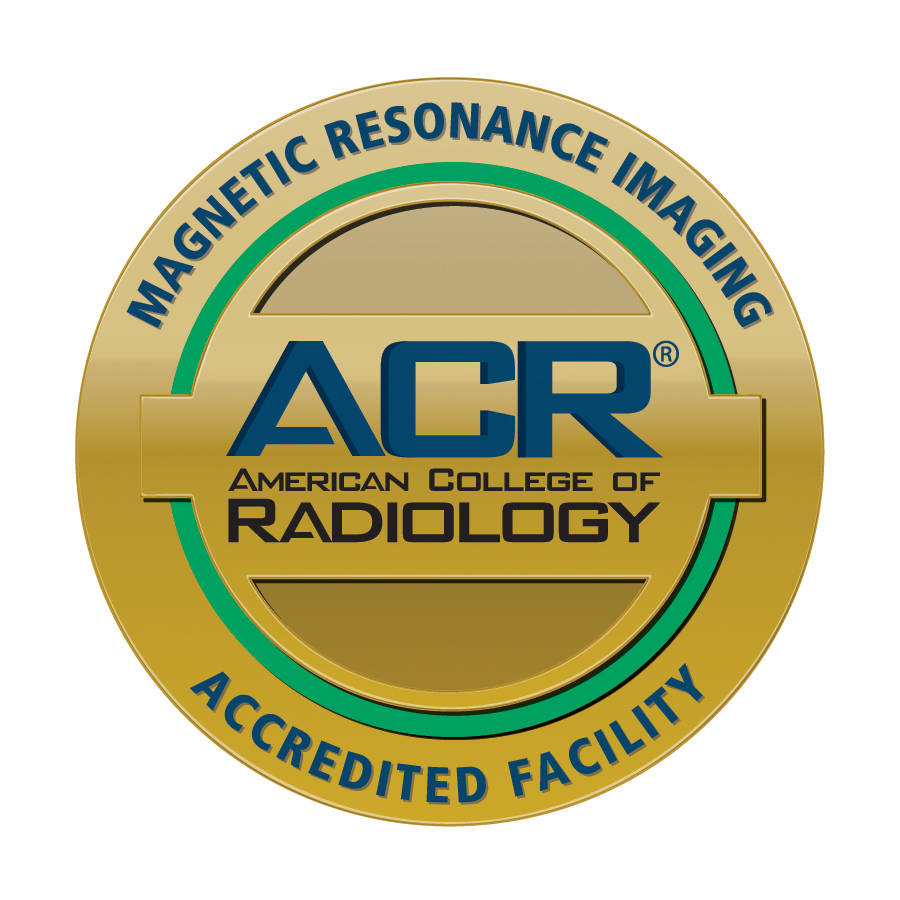In the realm of healthcare, imaging centers have emerged as crucial facilities that significantly contribute to advancing patient care. These specialized centers employ cutting-edge technology and skilled professionals to perform a wide range of diagnostic imaging procedures. By utilizing state-of-the-art equipment and adhering to stringent quality standards, imaging centers play a pivotal role in the early detection, accurate diagnosis, and effective treatment of various medical conditions. In this article, we will explore how imaging centers are revolutionizing patient care and improving health outcomes.
Imaging centers are equipped with advanced imaging technology that offers higher resolution, greater detail, and improved accuracy compared to traditional methods. They house state-of-the-art machines such as MRI scanners, CT scanners, ultrasound devices, and PET scanners. These cutting-edge technologies provide clearer images, enabling healthcare professionals to make more precise diagnoses. With access to such advanced equipment, imaging centers enhance patient care by facilitating early detection of diseases, enabling prompt treatment interventions, and monitoring treatment progress with greater precision.
Imaging centers offer a wide array of diagnostic services tailored to meet the specific needs of patients. These services encompass various imaging techniques, including X-rays, mammography, bone density scans, fluoroscopy, and nuclear medicine imaging. By offering a comprehensive range of diagnostic options under one roof, imaging centers streamline the diagnostic process, reduce waiting times, and enhance patient convenience. This convenience not only improves patient satisfaction but also ensures timely access to crucial diagnostic information, leading to more effective treatment planning and management.
Imaging centers employ highly skilled and specialized radiologists who are trained to interpret and analyze medical images. These radiologists possess extensive knowledge and expertise in their respective fields, allowing them to provide accurate and comprehensive diagnostic reports. With their specialized knowledge, radiologists can detect subtle abnormalities, identify early signs of disease, and provide detailed information that assists healthcare providers in making well-informed treatment decisions. The presence of these skilled professionals at imaging centers contributes significantly to the overall quality of patient care.
Imaging centers prioritize patient safety and take stringent measures to ensure the well-being of individuals undergoing imaging procedures. They adhere to strict protocols and guidelines to minimize radiation exposure during X-rays, CT scans, and nuclear medicine imaging. Additionally, imaging centers employ highly trained technologists who prioritize patient comfort, address concerns, and ensure the proper positioning and technique during imaging procedures. By prioritizing safety and providing a comfortable environment, imaging centers instill confidence in patients and contribute to a positive overall experience.
Imaging centers play a crucial role in facilitating effective communication and collaboration among healthcare providers. The detailed reports generated by radiologists at imaging centers serve as a valuable source of information for referring physicians and specialists. These reports provide a comprehensive analysis of the patient's condition, aiding in accurate diagnosis and treatment planning. The ability to share and access imaging data efficiently enhances interdisciplinary collaboration, enabling healthcare teams to work together seamlessly and provide optimal care to patients.
Connect with us to learn more about how the AV Imaging team can help!

